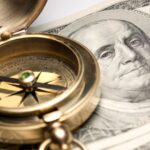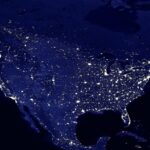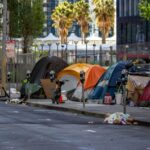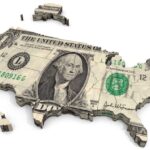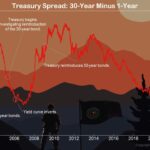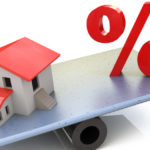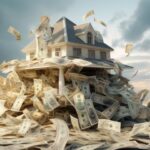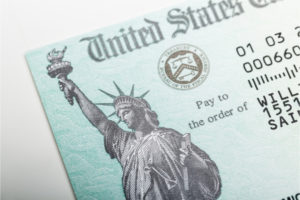
By William Sawalich @ Shutterstock.com
Americans are getting richer, but how long can that last? The flood of stimulus money created a strange phenomenon during the COVID-19 recession. Rather than getting poorer, many Americans, especially wealthier Americans, became richer. The Wall Street Journal reports:
The coronavirus pandemic plunged Americans into recession. Instead of emerging poorer, many came out ahead.
U.S. households added $13.5 trillion in wealth last year, according to the Federal Reserve, the biggest increase in records going back three decades. Many Americans of all stripes paid off credit-card debt, saved more and refinanced into cheaper mortgages. That challenged the conventions of previous economic downturns. In 2008, for example, U.S. households lost $8 trillion.
In some ways, the singularity of the Covid-19 recession—and the recovery—shouldn’t surprise. The scope of the pandemic was unprecedented in the modern era.
So was the government’s financial response. The U.S. borrowed, lent and spent trillions of dollars to keep the economy from plunging further than it did.
These actions were at the center of the unusual nature of both the recession and the recovery. They have also powered much of the stock market’s unexpected boom. Rock-bottom interest rates lured more investors into stocks; workers stuck at home tried their hand at trading and tech giants gained even more ground during the shutdown.
The stock market, in turn, became the driver of the household wealth gain, accounting for nearly half the total increase.
That has produced a lopsided distribution of the wealth gains, since well-off households are more likely to own stocks. More than 70% of the increase in household wealth went to the top 20% of income earners. About a third went to the top 1%.
The gains were even more heavily concentrated at the top when Americans were grouped by wealth instead of income. (Wealth is calculated by subtracting a household’s liabilities—like mortgages and college debt—from assets such as homes and stock-market investments).
Stay-at-home orders sent the economy into a free fall at the start of the pandemic, but the shock proved short.
Americans with higher-income jobs fared especially well. Many white-collar employees were able to work from home, and they saved money by not commuting or eating out. The government’s stimulus checks and expanded unemployment benefits kept afloat restaurant servers, housecleaners and others in low-wage service jobs who got laid off.
When the majority of government largesse accrues to the wealthiest citizens, it’s easy to see how populism manifests itself. To keep things fair and stable, the government should remain small and unobtrusive. Otherwise, you invest, and they win.
Action Line: When the stimulus is removed, things could get troublesome in the American economy. To prepare yourself, save til it hurts. If you need monthly motivation to get serious about saving, click here to sign up for my free monthly Survive and Thrive newsletter. But only if you’re serious.
E.J. Smith - Your Survival Guy
Latest posts by E.J. Smith - Your Survival Guy (see all)
- This Is about Your Survival, Not Anyone Else’s - April 17, 2024
- The Grid Pushed to Its Limits - April 17, 2024
- Your Retirement Life: Newport Is Buzzing - April 17, 2024
- “Happy I Found Richard C. Young’s Intelligence Report” - April 16, 2024
- Residents Lose Faith in Blue Cities - April 16, 2024

